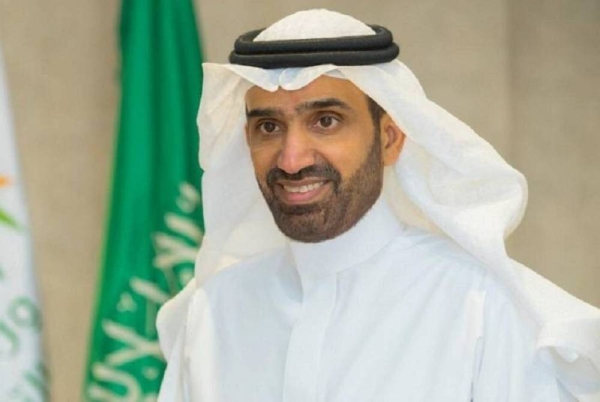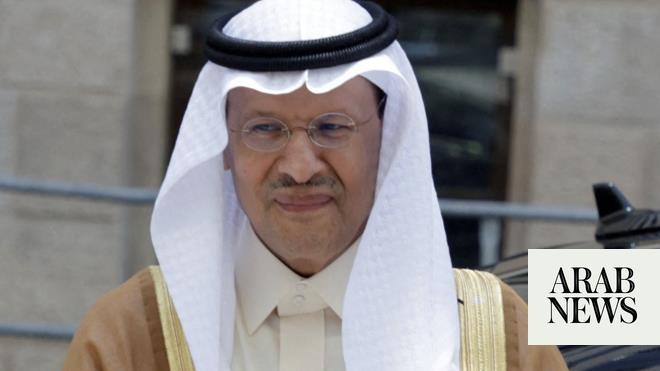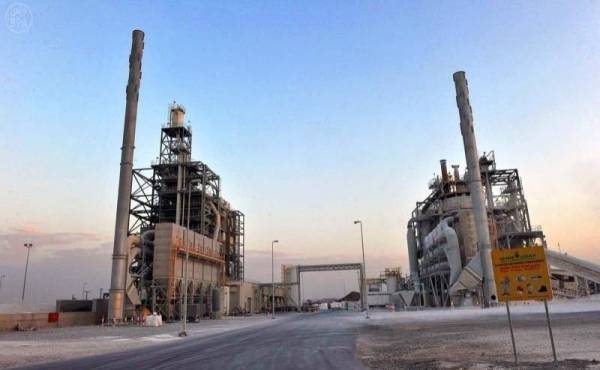
Saudi Arabia has decided to extend bearing the cost of fees for expatriates working in the industrial sector by the state until December 31, 2025. The decision was taken by the weekly session of the Council of Ministers, chaired by Crown Prince and Prime Minister Mohammed bin Salman, in Jeddah on Tuesday.
The Cabinet decision comes in the wake of the expiry of the five-year waiving of expatriate fee for industrial workers. During 2019, the Saudi government, under a drive for job creation, had imposed fees on expatriate workers to encourage hiring of Saudis. However, the government waived fees on expatriate workers employed in the industrial sector for five years effective from Oct. 1, 2019. That decision was taken as part of the short-term urgent solutions to stimulate industrial investments in order to achieve the goals of the Kingdom’s Vision 2030.
At the outset of the session, the Cabinet was briefed on the message received by Custodian of the Two Holy Mosques King Salman from the president of Senegal as well as on the meeting of the Crown Prince with the Speaker of Arab Parliament, who presented the Crown Prince with the Leader’s Medal for his leading role in supporting Arab causes and strengthening joint Arab action.
In a statement to the Saudi Press Agency following the session, Minister of Human Resources and Social Development and Acting Minister of Media Eng. Ahmed Al-Rajhi said that the Cabinet hailed the Arab Parliament’s efforts and contributions in international platforms. The Cabinet emphasized the Kingdom’s commitment to strengthening cooperation in various fields with its Arab counterparts in order to enhance security and stability, and facilitate sustainable development and growth.
The council discussed current regional and international developments, and reaffirmed the Kingdom’s support for efforts to achieve a ceasefire in Gaza, emphasizing the need to end the Israeli occupation to achieve peace and restore the legitimate rights of the Palestinian people.
on the domestic front, the Cabinet highlighted the Kingdom’s efforts to carry out its global sustainability and environmental conservation initiatives, including expanding royal reserves, with the strategic focus on protecting wildlife, promoting afforestation, and supporting ecotourism.
The Cabinet took a number of decisions, and these included approval for an agreement between Saudi Arabia and Uzbekistan on the mutual exemption from short-stay visas for holders of diplomatic and special passports.
It approved a memorandum of understanding (MoU) for cooperation in the cultural field between the Saudi Ministry of Culture and the Chinese Ministry of Culture and Tourism, and another MoU for cooperation between the Saudi Ministry of Justice and the Ministry of Justice in the Hong Kong Special Administrative Region of China.
Two MoUs in the fields of road safety and maintenance, and the future of transportation between the Saudi Ministry of Transport and Logistics and the Bahraini Ministries of Works, Transportation, and Telecommunications, and another MoU for cooperation in the field of tourism between the Saudi Tourism Authority and Switzerland Tourism were also endorsed by the Cabinet.
It authorized minister of education, who is also the chairman of the Board of Directors of the Technical and Vocational Training Corporation, or his deputy to discuss and sign with the Statistical, Economic, and Social Research and Training Centre for Islamic Countries (SESRIC), an affiliate of the Organization of Islamic Cooperation, a draft MoU in the field of technical and vocational training.
The Cabinet approved a memorandum of cooperation in the fields of original crimes, terrorism and its financing, and money laundering between the Saudi Public Prosecution and its Yemeni counterpart.












